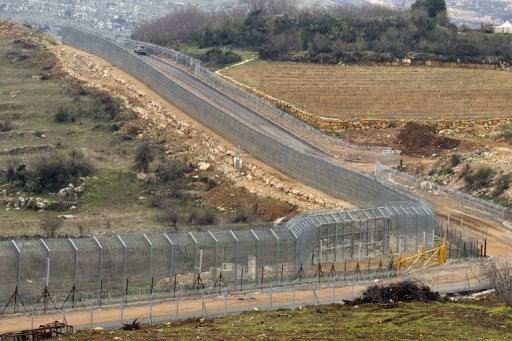It was one of those moments where I needed to run a reality check of my own as I was preparing for our live coverage from Davos and an interview with Bob Diamond of Barclays Bank.
Diamond appeared on the first panel at this year’s World Economic Forum, ringing alarm bells about the impact of the proposed banking reforms by the Obama administration on his sector and the overall economy. That message circled the globe quickly and 24 hours later Diamond came to our live shot location to provide his analysis after the State of the Union address.
President Obama was preceded on the subject the night before in the Swiss Alpine Resort by his French counterpart Nicholas Sarkozy – who positioned himself off of the bar charts to the left.
In case you missed the subtleties, this is a high stakes showdown within the G20. While Sarkozy is flanking the left; Diamond and his core set of commercial bankers are on the right. I posed the question on the correct solution to this challenge and received the most balanced response from Stanley Fischer who has spent time in all three camps as Deputy Managing Director of the IMF, as a private banker for Citigroup and now as the Central Bank Governor of Israel.
Fischer believes that some intervention is needed and the line between investment banking and general consumer banking often gets blurred within the world’s largest institutions.
While the world’s wealthiest and most powerful debated the merits of greater regulation, I was watching the conferences on Yemen and Afghanistan from a distance. The debate in Davos: proprietary trading and bonuses. The debate in London: halting the rapid decline of two potential failed states.
Prior to this deep and prolonged economic crisis – made worse by the loose lending and trading of Western institutions – the wealthier Gulf states started to invest their surpluses closer to home, with a particular eye on Egypt, Jordan, Tunisia and Morocco. But vast swaths of the Middle East and North Africa – part of the Muslim community – are being left behind. Forty three percent of the population in Yemen lives on less than $2 a day.
“You can understand everyone below the age of 25 is revolutionary, says Abu Baker Al-Qerbi, Yemen’s Foreign Minister, “He becomes more so when he does not have a chance for a job.
The London conference on Yemen was convened to halt the country’s rapid decline into a failed state. As a base for an Al-Qaeda cell and with conflict on the border with Saudi Arabia – the government is fighting what appears to be a losing battle. Policymakers and business leaders from the West and East are mindful of the wealth gap in the Muslim world – but have been slow to take action. Only 7 percent of the $5 billion dollars pledged to Yemen five years ago has been delivered. In total, there are 1.5 billion Muslims – a big potential market – but 39 percent live below the poverty line.
The chairman of the World Islamic Economic Forum Musa Hitam was in London to address the issue of economic empowerment. One and a half billion Muslims to begin with, wow, big figure, but that figure in terms of value in terms of value and potential and economic terms is relatively much smaller than a western market say of 200 million.
That is today’s reality. Per capital income in Yemen is roughly $2500 according to the IMF. Next door in Saudi Arabia it is ten times more. It is a similar story in Sudan, which is also home to vast natural resources.
Successful Muslim economic models, with reform programs well underway certainly exist. Southeast Asia’s largest market Indonesia is a member of the G20 – along with Turkey and Saudi Arabia. Today Muslim countries represent one-fifth of the world’s population but only 6 percent of global output. It is a figure leaders shy away from discussing, but know all too well that it does need to be addressed.
John Defteriosis CNN’s anchor for Marketplace Middle East. Tune in Fridays at 11:15 and Saturdays at 9:15. For more information go to www.cnn.com/mme.
